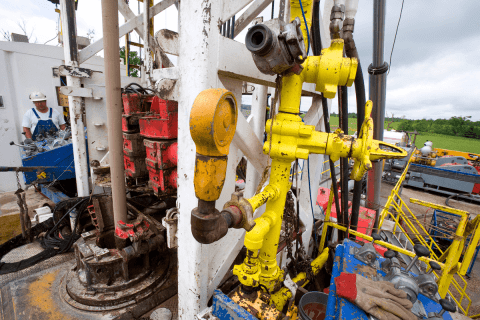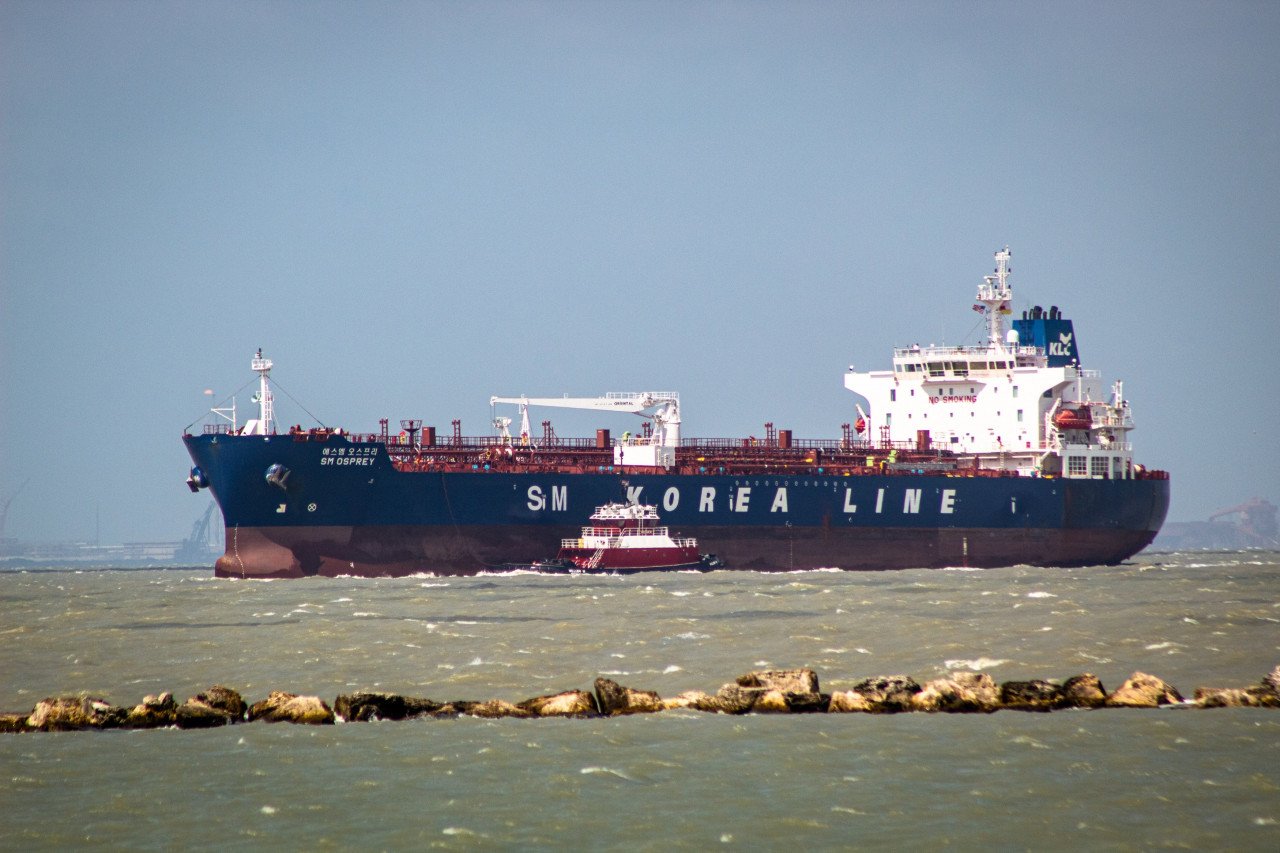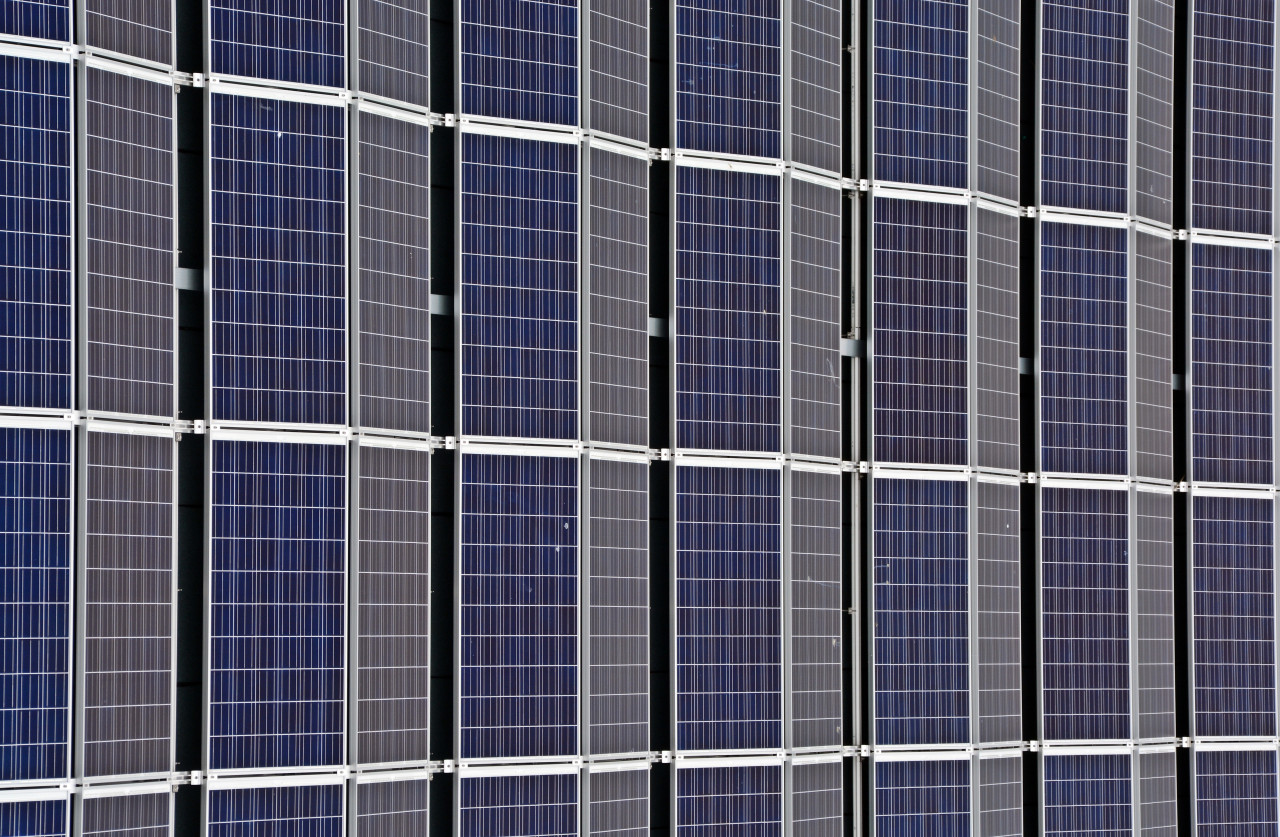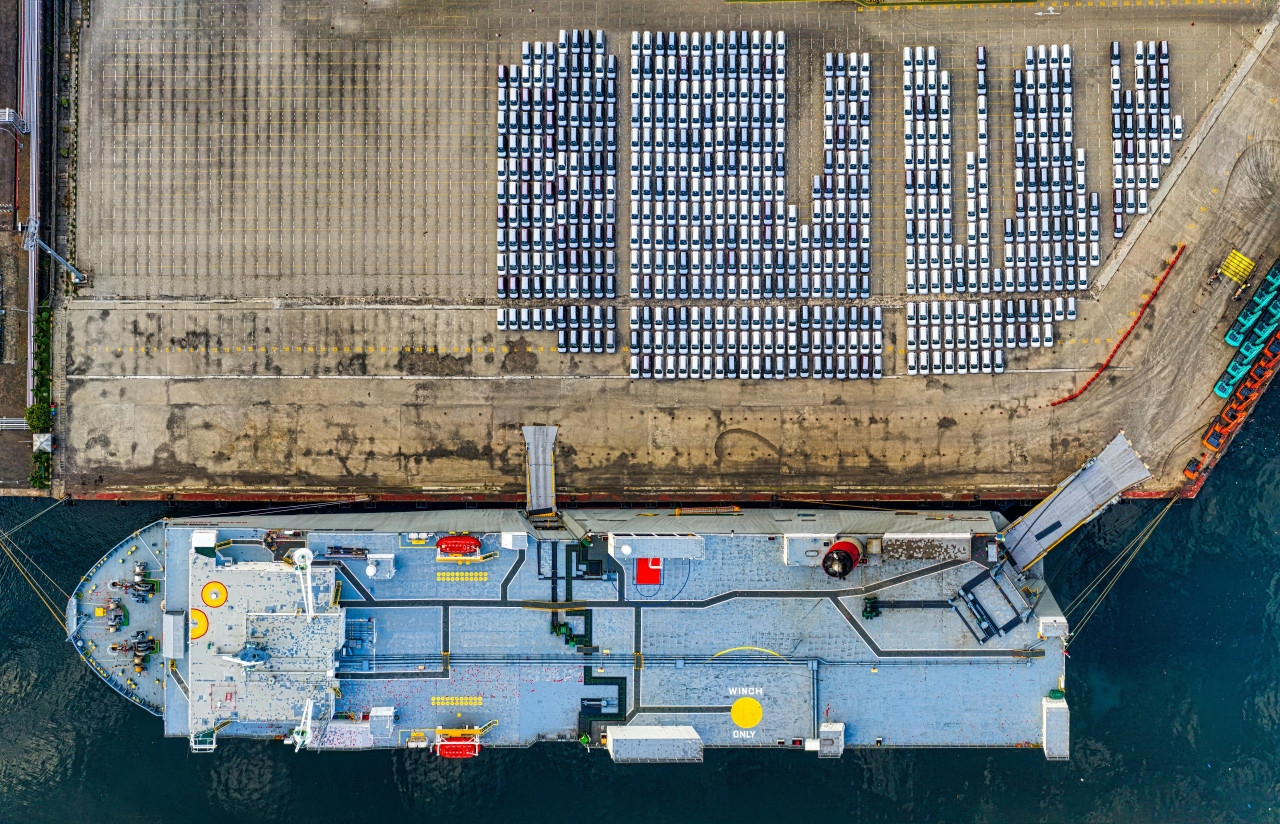Asia bulks up on gas to strengthen energy security
Asian governments have become wary of a rise in gas prices and are building infrastructure to increase buffer stocks, a review by Reuters shows.
The move follows last year's price spike, which increased energy spends globally and highlighted vulnerabilities in energy security for many countries.
Japan has indicated plans to set up a strategic gas reserve along the lines of its Strategic Petroleum Reserve, one of largest national oil reserves in the world and currently equating to around 32 weeks of the country's annual oil requirement.
Earlier this week, the country's prime minister wrapped up a tour of the Middle East by upgrading ties with Qatar, the world's largest exporter of liquefied natural gas (LNG).
In a statement after the meeting, the Japanese foreign ministry said, "Coordination with Qatar is extremely important for stabilizing global liquefied natural gas markets."
Similar thinking is playing out across other Asian nations. South Korea and Taiwan, currently the third and fourth largest importers of LNG globally, are building gas terminals and storage facilities to boost stocks.
Taiwan, which holds 11 days of consumption in reserve, will steadily increase that to at least 14 days by 2027, the country's economic affairs ministry announced last week. The island country is building an LNG terminal that is set for completion in 2025, and is conducting environmental assessment to build another terminal.
South Korea, meanwhile, is currently building the country's sixth LNG storage unit.
China announced plans earlier this year to more than double the country's gas and LNG storage capacity to 55-60 billion cubic meters (bcm), or 13% of the country's total gas consumption, by 2025.
Earlier this month, the country finished constructing storage tanks in the second phase of a 10 bcm gas storage facility.
All this is good news for gas producers, who have been pushing the fuel as a cleaner alternative to coal and oil and pointing out that gas does not suffer from the intermittency of solar or wind, the most popular renewable energy sources.
UAE Energy Minister Suhail Mohamed Al Mazrouei told a conference in Japan that global investments in gas infrastructure are falling short of requirements, affecting producers and consumers, as well as economic growth.
The country had earlier mooted decarbonization through the use of carbon capture technologies to ensure hydrocarbon-dependent economies are not affected by the movement to reduce global emissions.






















